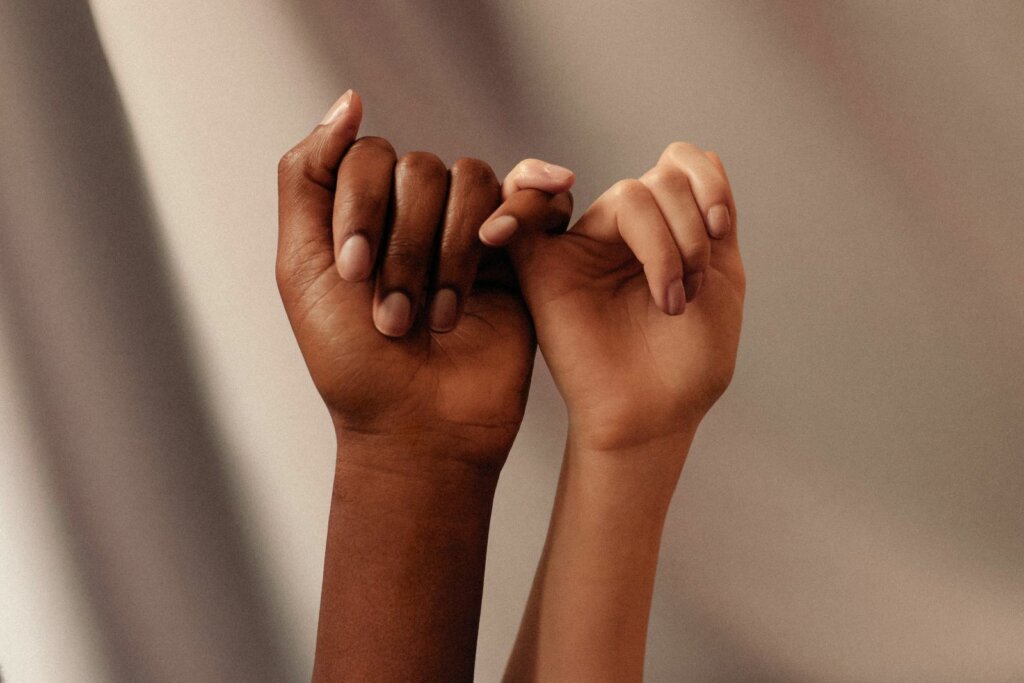An Unapologetic Love of the Body
As I made plans with friends the other day, I said, “I know my nap schedule makes meals and things harder to work with.” I’m a spoonie and don’t have a lot of health privilege. I have some but require a daily nap and don’t bounce back easily from stress. When I flew home from Chicago the other week, I slept 11 hours each day of the weekend and took 1.5-hour naps. For context, I usually sleep about eight or nine hours a night and nap for half an hour, max. But even on normal days, a nap is crucial.
When, where, and how I’ll be able to nap is at the forefront of my mind as I make plans with people. And my comment to my friends also reveals that I apologize for my body. In implicit and explicit ways, I say, “I’m sorry I’m like this. I wish things were different. Thank you for bearing with me.” I’m not engaging in what Sonya Renee Taylor dubs “radical self-love” in her book The Body is Not an Apology.

May we all make a promise to ourselves that we’ll stop apologizing for our bodies. Photo by Womanizer Toys on Unsplash
She says, “Concepts like self-acceptance and body neutrality are not without value. When you have spent your entire life at war with your body, these models offer a truce. But you can have more than a cease-fire. You can have radical self-love because you are already radical self-love.”
What she means is when we come into the world, we love our bodies. Babies are delighted by every part of their body. They look in the mirror and giggle or smile. No child starts off hating their body. That comes later when society barrages them with messages about how “wrong” they are for being too dark, too light, too tall, too short, too fat, too thin, too whatever. Or the converse: not enough. In our capitalistic, patriarchal, white supremacist society, there will always be something wrong with us because that’s how the systems keep running.
Under this toxic framework, which oftentimes feels overwhelming and permanent, it’s harder to blame a nameless, faceless system and instead, people turn inward and start blaming themselves. That’s when the apologizing begins. But Taylor asks some great questions: “What if we all became committed to the idea that no one should have to apologize for being a human in a body? … How might we change our lives? How might we change the world?”
I can think of lots of ways we’d change – like building wider airplane seats or ensuring every sidewalk corner has a curb cut. But on a more personal level, I can see how things could be different for me. In response to my body apology, my friends said, “Your nap schedule is not hard to work with at all! Honestly, it’s inspiring for both of us.” Their reply touched me deeply because the subtext was, “You’re not a burden. You’re OK just as you are. And we appreciate that you take care of yourself.”
It reminds me of that quote from the Buddha who said, “You yourself, as much as anybody in the entire universe, deserve your love and affection.” That means my body too. Not when it’s more energetic or more closely aligned with my idea of perfection, but now. In this iteration. Here. I can’t say I know exactly how to radically love my body – I suspect continuing to read Taylor’s book will help – but what I can do is be unapologetic about my body and that feels like a good place to start.
I dream of a world where we remember society will always tell us there’s something wrong with us. A world where we understand we can opt out of those messages. A world where we stop apologizing for our bodies because we realize they’re already lovely just as they are. A world where we practice radical self-love and treat ourselves as the precious beings we already are.
Another world is not only possible, it’s probable.

